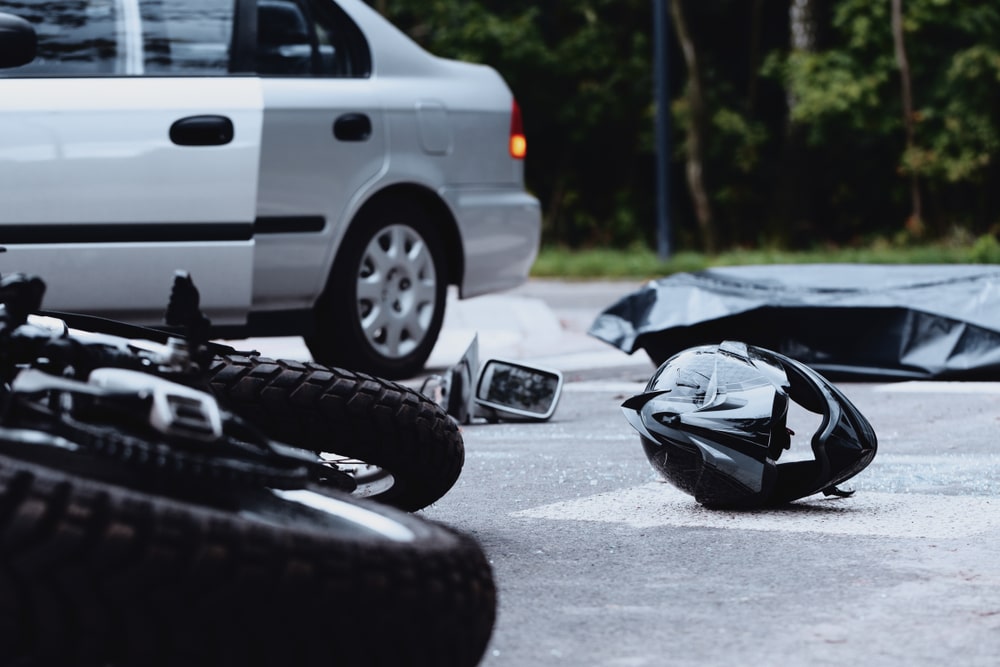Allowing someone else to drive your car may seem like a harmless favor, but if they’re involved in an accident, the situation can become complicated. At Amanda Demanda Injury Lawyers, our Florida car accident attorneys can explain the insurance issues when others drive your car and represent you to recover maximum damages if you have been injured in a car accident.

Who Is Liable When Another Person Crashes Your Car?
When you let someone else drive your car and they cause an accident, liability generally follows the vehicle owner’s insurance policy first, not the driver’s. This is known as the “permissive use doctrine.” In Florida, the law assumes that when you hand over your keys, you’re also extending your insurance coverage to the driver.
Scenarios of liability include:
Driver Has Permission
If you gave the driver explicit or implied permission to use your car, your insurance is the primary coverage. The driver’s personal auto insurance, if available, may serve as secondary coverage for damages exceeding your policy limits.
Driver Did Not Have Permission
If the driver used your car without your permission, you might not be held liable. However, you must prove that the driver did not have consent, which can be challenging.
Excluded Drivers
If the driver is explicitly excluded from your insurance policy, your insurer may deny coverage. In this case, the driver’s insurance (if available) would be the primary coverage.
Commercial Use
If the car was being used for a commercial purpose (e.g., rideshare or delivery) without proper coverage, your personal auto insurance policy might deny the claim.
What Does Your Florida Car Insurance Cover?
Florida operates under a no-fault insurance system, which means that after most car accidents, drivers turn to their own insurance policies to cover medical expenses and certain economic damages, regardless of who caused the accident. In a car accident with someone else driving your car with your permission, the following types of coverage from your insurance may apply:
- Personal Injury Protection (PIP): PIP coverage applies to injuries sustained by the driver or passengers in your car, regardless of fault. It may also cover you if you were not in the car during the accident.
- Bodily Injury Liability (BIL): If the accident causes severe injuries or fatalities, your BIL coverage (if included in your policy) may cover medical bills, lost wages, and other damages for the injured party.
- Collision Coverage: If you have collision coverage, it can pay for repairs to your vehicle, regardless of fault.
- Comprehensive Coverage: If the accident involved non-collision events (e.g., theft, weather damage), your comprehensive coverage may apply.
- Property Damage Liability (PDL): PDL covers damage to the other party’s vehicle or property caused by the driver.
Insurance Coverage When the Other Driver Is at Fault
If the other driver is at fault for the accident, their insurance will generally cover damages under their liability coverage. However, if they’re underinsured or uninsured, your Uninsured/Underinsured Motorist (UM/UIM) coverage—if you have it—may come into play to cover medical expenses or damages.
Potential Legal and Financial Risks in Florida
Exceeding Policy Limits
If an accident’s damages surpass your insurance policy limits, you may be held personally liable for the remaining costs. This situation often arises in cases involving catastrophic injuries, extensive property damage, or accidents involving multiple victims. Without adequate insurance coverage, your personal assets—such as savings or property—could be at risk to cover the excess damages.
Negligent Entrustment
Negligent entrustment occurs when a car owner knowingly allows an unfit driver—such as someone unlicensed, intoxicated, or otherwise incapable of driving safely—to operate their vehicle. If the unfit driver causes an accident, the car owner can be held liable for any resulting damages or injuries. Courts will evaluate whether the owner should have reasonably foreseen the driver’s inability to safely operate the vehicle.
Vicarious Liability
Under Florida’s vicarious liability laws, vehicle owners can be held partially responsible for accidents caused by someone driving their car, even if the owner was not directly at fault. This principle often applies when the car is used for business purposes, such as in employer-owned or commercial vehicles. The law assumes that the owner has some level of control or responsibility over the driver’s actions while using their vehicle.
Choose Our Proven Florida Car Accident Lawyer for Maximum Financial Recovery
If you have been injured in a car accident, trust Amanda Demanda Injury Lawyers, Florida’s legal powerhouse in personal injury cases. With over $500 million recovered for clients, Florida personal injury attorney Amanda Demanda has earned a reputation as a trailblazer in achieving life-changing settlements and verdicts. To schedule your free consultation, call us 24/7 or contact us online.
Back to Blog



